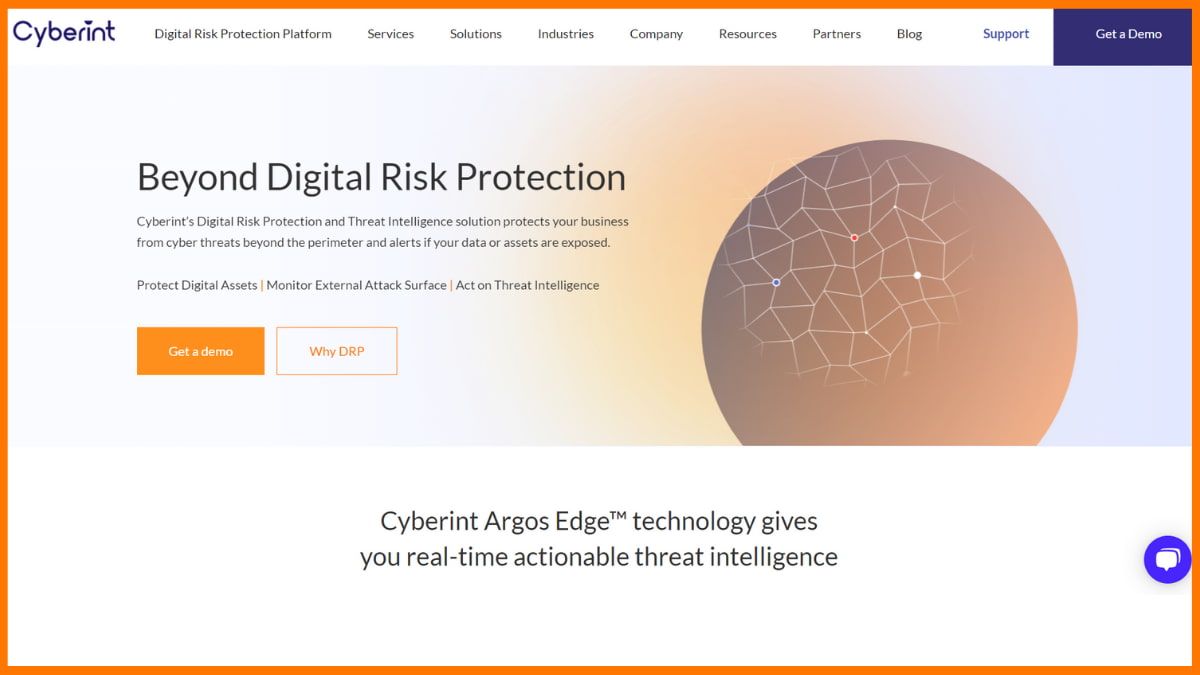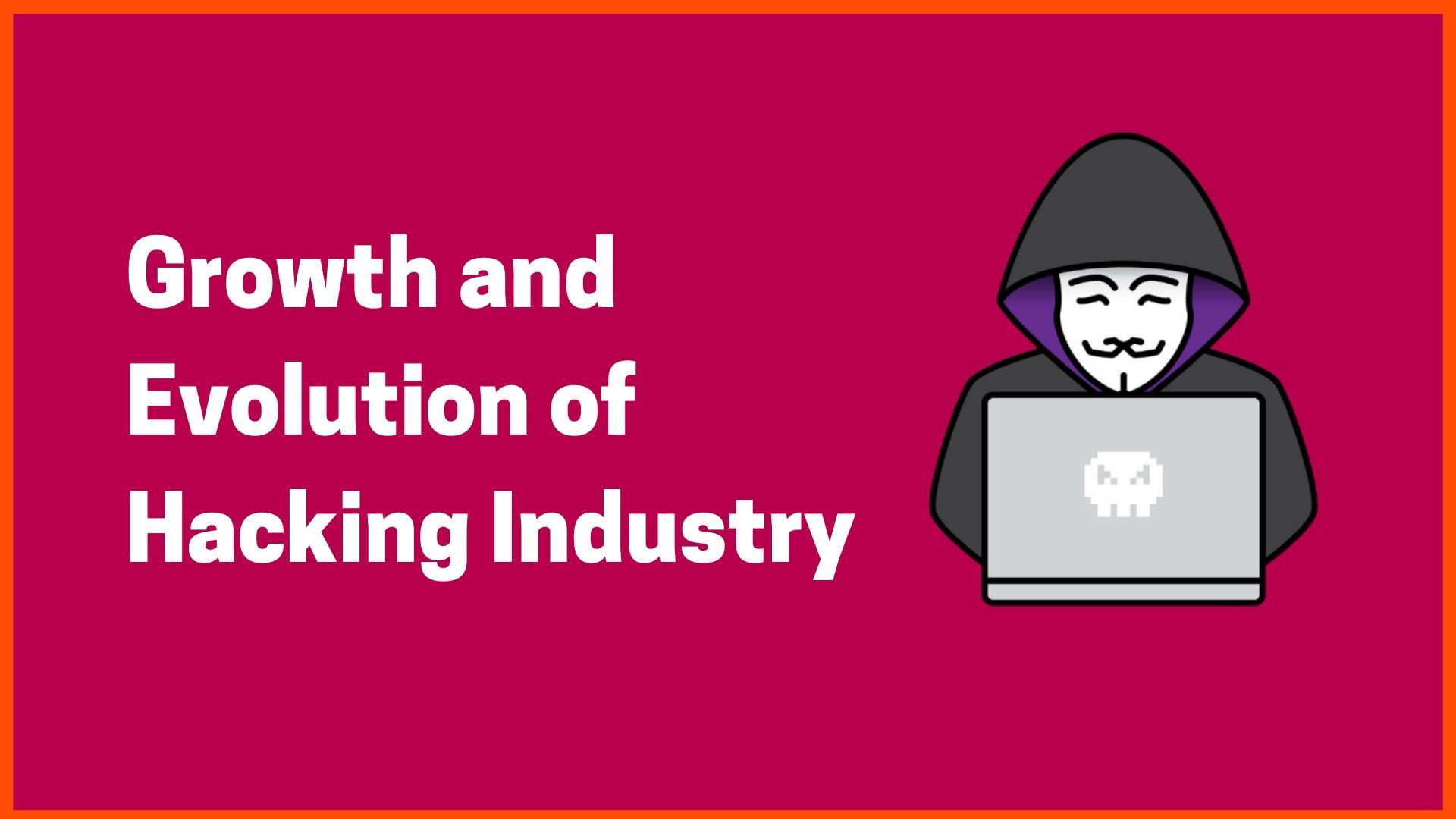There’s a reason why the term “dark web” sounds ominous. The dark web is a part of the internet you can’t find with your regular browser. To access it, you need one designed for uncovering these hidden sites. The dark web is a hidden area of the internet where people and businesses can go anonymously to buy illegal drugs, guns or other criminal activity.
Do you know what businesses happen on the dark web?, You’re probably thinking of things like stolen company data, pirated software, and password lists when you think of what sells on Dark Web markets. But that’s not even close to the complete picture of what’s going on in the Dark Web – and what you don’t know could be the catalyst for the next onslaught. Let’s see what all “actually” happens on the Dark Web.
What is Dark Web?
Things that are Sold on Dark Web
FAQ
What is Dark Web?
The dark web is a dangerous place where you can buy or sell almost anything. Drugs, Guns, counterfeit money, other people’s Netflix accounts, credit card details, and other items can be purchased and sold on the dark web.
You can also get software that allows you to log into other people’s computers. Data, passwords, and hacking services aren’t the only things sold on the Dark Web. Weapons, narcotics, stolen items, plundered artefacts, illegal commodities, endangered animals, slave labour, and child pornography are among the dangerous, unlawful, and nasty entities that can’t sell openly, as well as innocent but weird things that you wouldn’t anticipate.
The dark web, though, isn’t just for criminals. You’ll also find online editions of long-out-of-print books, a collection of political reporting from mainstream news sites, sometimes journalists use it so their sources can remain unknown and several whistleblower websites dedicated to exposing corporate and government misconduct.

Things that are Sold on Dark Web
Drugs
The dark web is the most notable place for buying drugs. A good example is ‘Silk Road’, the go-to destination when looking up illegal substances on Tor. Still, it wasn’t always this way—the original version of Silk Road was shut down back in 2013. The FBI took action after the only one-year operation due to too many reports about shady deals being made under its name, which further investigated several alleged crimes committed against both users/buyers.
Firearms
A study by Rand Corporation in 2019 found that it’s relatively easy to find firearms for sale on the dark web, and almost 60 percent of all listings are advertising products originating within the US. Europe represents a more significant market compared with America as they generate revenues five times greater than those in the US. This means there is an ample supply both domestically and internationally.
Password and Usernames for Streaming sites
You may be able to find the passwords for some of the most popular streaming services on dark websites. Cybercriminals sell these login details so that people who want a subscription without paying can use them instead. Passwords and usernames for platforms such as Netflix, Hulu, HBO, Amazon Prime, and others are commonly available.
Credit And Debit Card Details
Criminals sell Credit and Debit card information for others to commit crimes. They’ll use these numbers and charge them on something without permission, like online shopping platforms or make an unauthorised withdrawal or payments. According to a report by Gemini Advisory, in 2020, posted 115 million stolen debit and credit card details were to the dark web.
Bank Account Details
A cyber security firm Digital Shadows conducted a survey, and according to it, online marketplaces currently sell over 15 billion pieces of financial account information. According to the research, banking and financial accounts made up about a quarter of the internet ads.
After purchasing your bank account information, fraudsters may do a lot of damage. They can make purchases with your account and quickly deplete your savings or checking accounts.
Legitimacy
Cybercriminals aren’t the only ones who want to remain anonymous online. Consumers increasingly use Tor and other anonymous web browsers to conduct simple online searches. As more consumers begin to get tailored adverts based on their web searches, the importance of keeping their search habits private will become evident.
Threat Intelligence
Collaboration and sharing of information are also facilitated via Dark Web exchanges. Cybersecurity professionals watch chat rooms where sophisticated opponents frequently debate hacking concepts. Security analysts can learn about new and emerging risks by listening to these chats.
To monitor and analyse assaults, several firms deploy threat intelligence and mitigation platforms. They can protect against attacks on their assets and applications using information obtained on the Dark Web and keep up with new vulnerabilities being marketed in underground marketplaces.
Dark Analytics
While organisations aiming to obtain unindexed data from the Dark Web face risks, the benefits of anonymity enable them to gain hitherto untapped business, consumer, and operational insights by studying unstructured, concealed, or unprocessed data.
Companies utilise new search tools designed to assist users in targeting scientific research, activist data, or even hobbyist forums in the same way that security organisations watch exchanges for dangerous intelligence.
Dark data can be found in various places, including on the Dark Web. Enterprises are figuring out how to harness this trove of untapped information from many sources to inform business decisions.

Conclusion
Security leaders must understand who uses the Dark Web, why they use it, and how the data they acquire can affect the security posture of their firm. But there’s also plenty of legal material on this corner that you might find fascinating too. The dark web is an excellent place to get medical advice that you want anonymous.
FAQ
What kind of services are on the dark web?
One can find drugs, firearms, credit and debit card details, and passwords.
Is the dark web illegal?
Surfing on the dark web is not illegal but purchasing illegal items from the dark web can land you in trouble.
How many people use the dark web a day?
The dark web has around 2 million active users.














